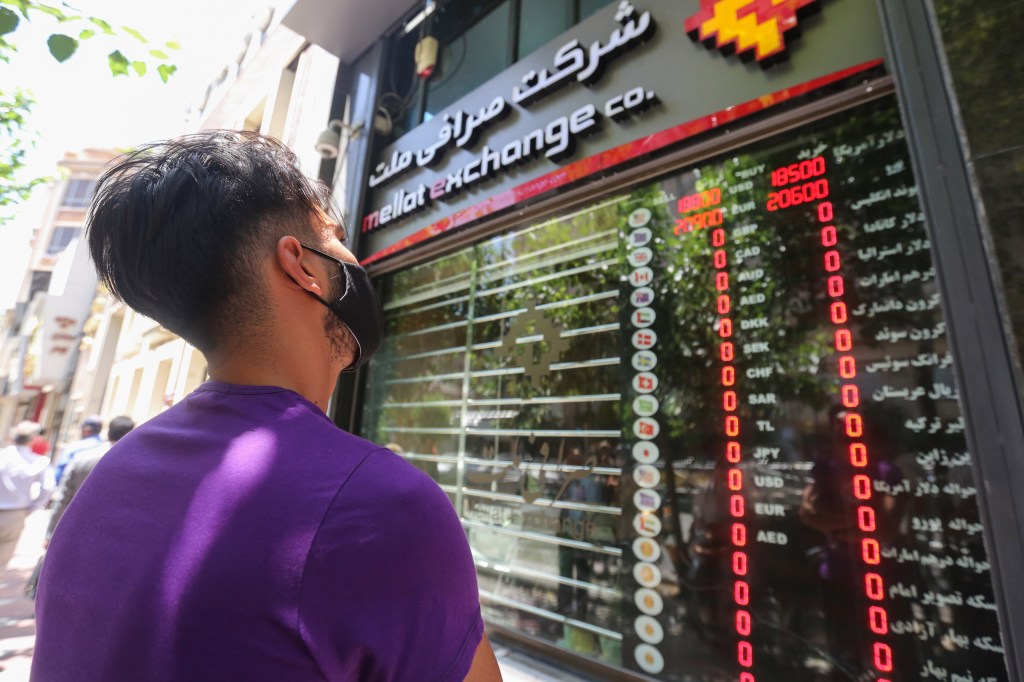Washington, D.C., June 29, 2020 – Iranian authorities should immediately drop charges against Majid Motalebzadeh, editor and reporter at the state-run Sedaye Eslahat newspaper, and release him, the Committee to Protect Journalists said today.
On June 20, Motalebzadeh appeared before the Cyber Crimes Court in Tehran after being summoned by the country’s Cyber Police Unit, known as FATA, which was founded in 2011 to counter alleged Internet crimes, the Human Rights Activists News Agency (HRANA), a U.S.-based outlet that covers news in Iran, reported on June 25.
“Iran faces so many economic and public health challenges, yet authorities waste valuable resources restricting journalists’ freedom of expression,” said CPJ Middle East and North Africa Program Coordinator Sherif Mansour. “Majid Motalebzadeh should be released immediately and the government should stop persecuting him for his journalistic work.”
He was charged with “insulting government officials, spreading false news through computerized devices, and collecting and passing classified information to foreign media,” and was immediately transferred to the Greater Tehran Penitentiary, which is also known as Fashafouyeh prison, according to HRANA.
According to the report, the latest case against Motalebzadeh stems from his online articles that criticize the government’s handling of economic issues, including financial and monetary policies. The report did not give specifics about the articles. In addition to his work for Sedaye Eslahat, Motalebzadeh and his colleague Hadi Kasaeizadeh maintain a news channel on the Telegram app called “Journalists Against Corruption.”
According to HRANA and IranWire, Motalebzadeh called his family and said he was transferred to Ward 240 of Evin prison on June 26 and is under pressure to record false confessions.
Motalebzadeh already had been sentenced to one year in prison on charges of “spreading lies to disturb public opinion,” which was handed down to him on June 1 in a separate case, according to CPJ reporting. His final appeal in that case had been rejected, according to HRANA, but he had not been summoned to serve his sentence.
CPJ emailed the Tehran Cyber Police but did not immediately receive a reply. CPJ could not locate contact details for Iran’s judiciary.
